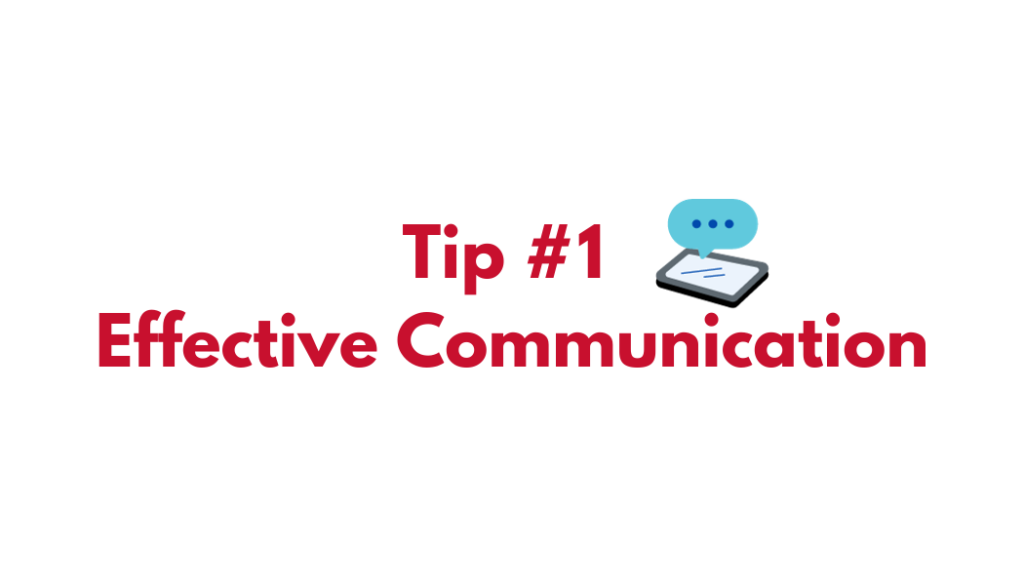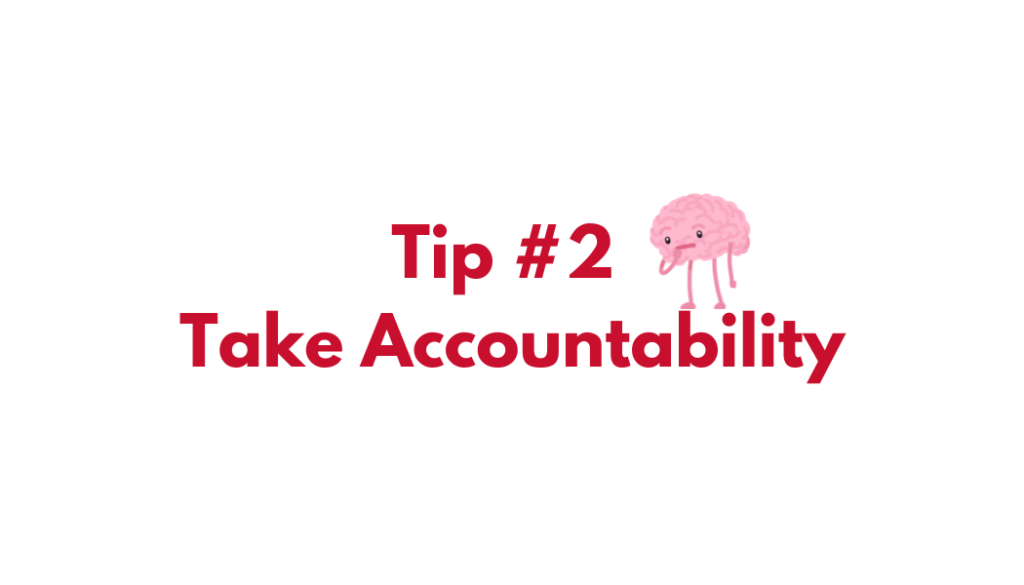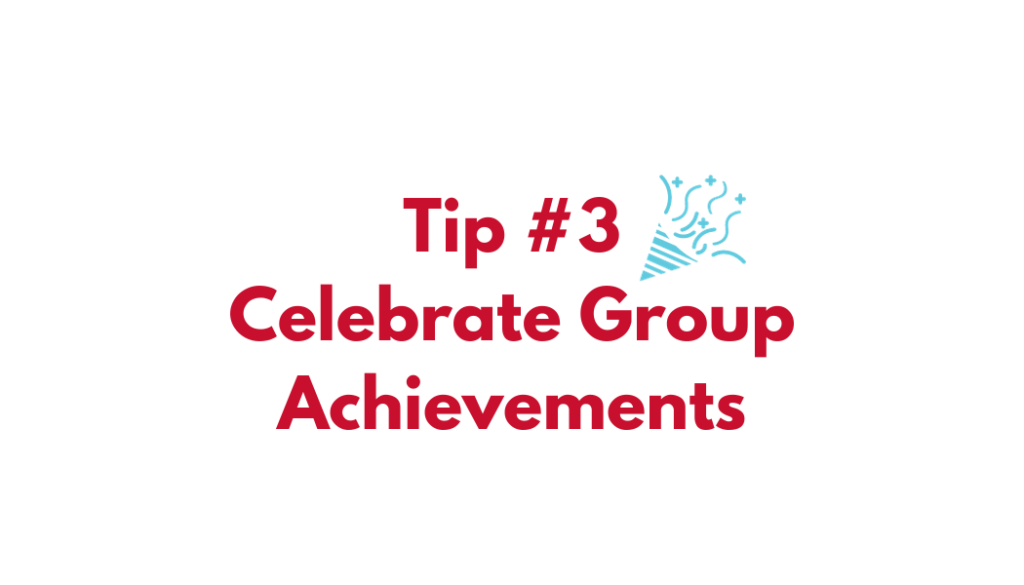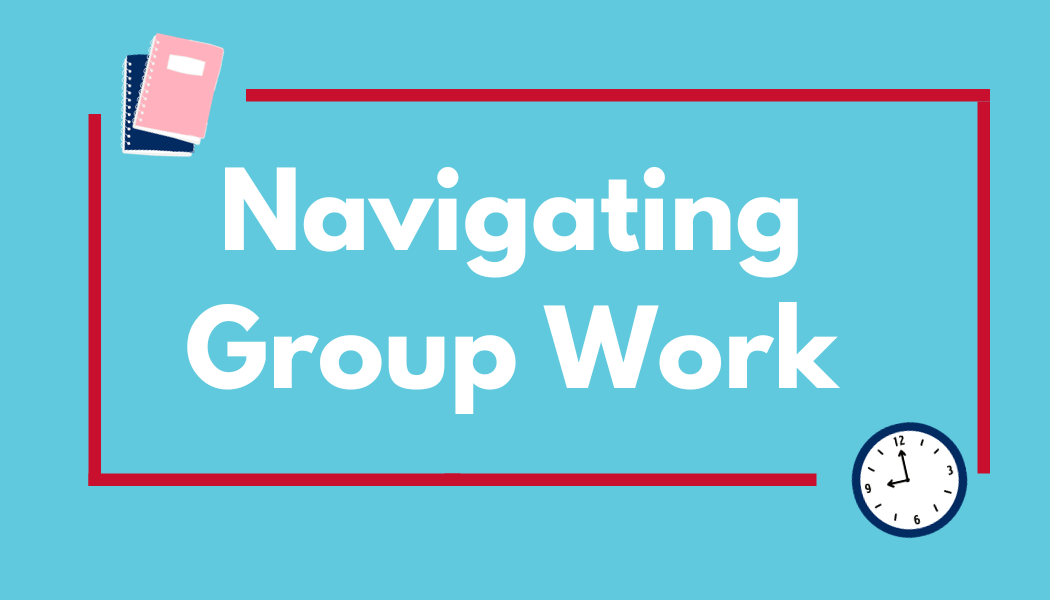Group work is an integral part of the college experience. Whether you’re collaborating on a research project, participating in a group presentation, or working on a team assignment, the ability to work effectively in groups is a skill that will serve you well throughout your academic and professional journey. However, it’s no secret that group work can be challenging. To help you navigate this essential aspect of college life, we’ve compiled a list of strategies for success in group work.

Effective communication is the cornerstone of successful group work. It’s important to establish open and transparent channels of communication from the outset. This means setting clear expectations for how and when the group will communicate, whether it’s through in-person meetings, virtual platforms, or a combination of both.
Ensure everyone in the group knows their role, responsibilities, and deadlines. It’s crucial to establish ground rules for your group. These rules can cover issues like attendance, punctuality, participation, and conflict resolution. Having these guidelines in place can help prevent misunderstandings and create a more harmonious working environment. Consider having everyone contribute to the rule-making process, so everyone feels invested in the success of the group.
Each member of your group likely possesses unique skills and strengths. Identify these strengths and delegate tasks accordingly. By assigning roles that align with each member’s abilities, you’ll not only ensure that everyone can contribute effectively but also enhance the quality of your work.

Don’t hesitate to share your own strengths and preferences with your group as well. Accountability is vital in group work. Set milestones and deadlines for your project, and track progress. Regularly check in to see how everyone is contributing and whether anyone is facing challenges. If someone is struggling, offer support and resources to help them catch up.
Holding each other accountable will keep the group on track and motivated. It’s rare for a group to be completely free of conflicts or disagreements. When they arise, address them constructively. Encourage open and respectful discussions to resolve issues. Don’t let conflicts fester; tackle them head-on to maintain a positive working atmosphere. If necessary, involve a professor or a mediator to help mediate disputes.

Finally, don’t forget to celebrate your group’s achievements, both big and small. Completing a challenging project or presentation is a significant accomplishment, and acknowledging this success can boost morale and cohesion within the group.
Group work can be a challenging but rewarding experience. By implementing these strategies, you can navigate group work successfully, develop valuable skills, and make the most of your college education. Embrace the collaborative process, and you’ll discover the power of teamwork in achieving academic excellence.
By Trinity Miskelly

